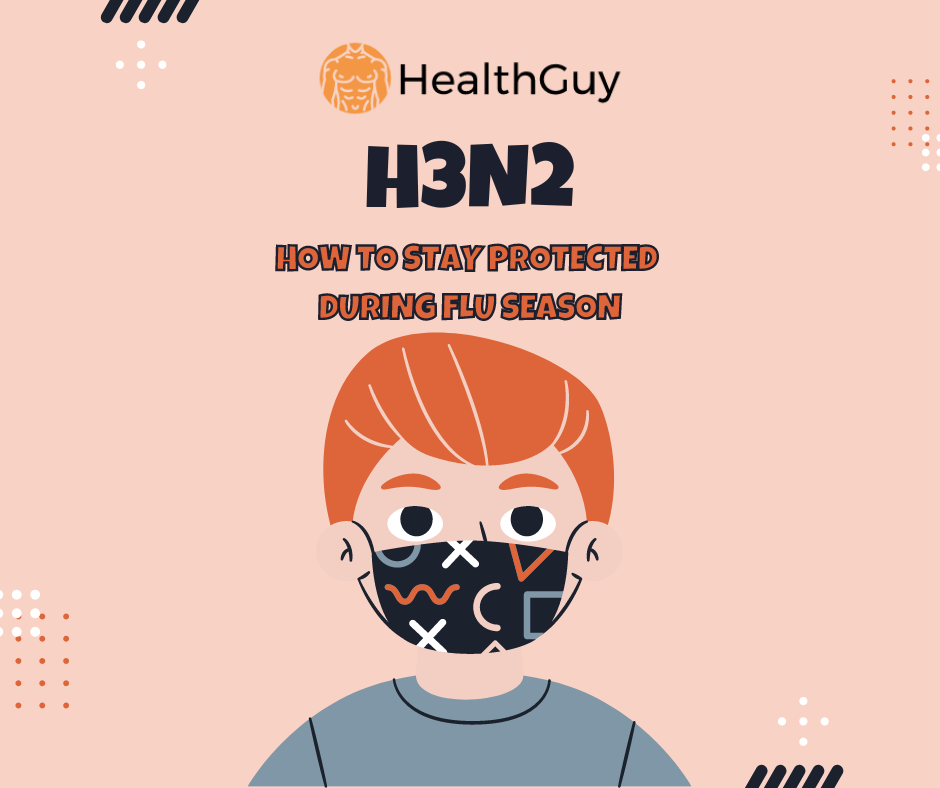
H3N2: How to Stay Protected During Flu Season
H3N2 is a subtype of the influenza A virus that primarily affects humans. It is commonly known as the flu virus and can cause a range of symptoms from mild to severe. In some cases, it can even be fatal, particularly for people with weakened immune systems, older adults, and young children.
Symptoms of H3N2
H3N2 can cause a range of symptoms, including:
- Fever
- Cough
- Sore throat
- Runny or stuffy nose
- Body aches
- Headache
- Chills
- Fatigue
In severe cases, H3N2 can lead to complications such as pneumonia, bronchitis, and sinus infections. It can also exacerbate pre-existing conditions such as asthma, diabetes, and heart disease.
Transmission of H3N2
H3N2 is primarily spread through respiratory droplets that are released when an infected person talks, coughs or sneezes. These droplets can be inhaled by others or land on surfaces, where they can survive for several hours. People can become infected by touching a contaminated surface and then touching their mouth, nose, or eyes.
Prevention of H3N2
The best way to prevent the spread of H3N2 and other influenza viruses is by getting vaccinated every year. The flu vaccine can protect against H3N2 and other flu viruses. It is particularly important for people who are at higher risk of complications from the flu, such as older adults, young children, and people with weakened immune systems.
In addition to vaccination, other measures can be taken to prevent the spread of H3N2, including:
- Practicing good hygiene: This includes washing hands frequently, covering coughs and sneezes, and avoiding close contact with sick people.
- Staying home when sick: If you have symptoms of H3N2 or any other illness, it is important to stay home to avoid spreading the virus to others.
Treatment of H3N2
There are antiviral medications that can be used to treat H3N2 and other influenza viruses. These medications work best when taken within the first 48 hours of symptoms. They can help reduce the severity of symptoms and the length of time that you are sick. It is important to speak with a healthcare provider if you think you may have H3N2 or any other type of flu virus.
Conclusion
H3N2 is a subtype of the influenza A virus that can cause mild to severe symptoms. It is primarily spread through respiratory droplets and can be prevented by vaccination, good hygiene, and staying home when sick. Antiviral medications can be used to treat H3N2 and other influenza viruses, particularly when taken within the first 48 hours of symptoms. If you suspect you have H3N2 or any other type of flu virus, it is important to seek medical attention.
